Tax the tech giants, not the consumer
Raising money for the arts through gadget sales is a good idea, but the burden shouldn't land on a beleaguered public

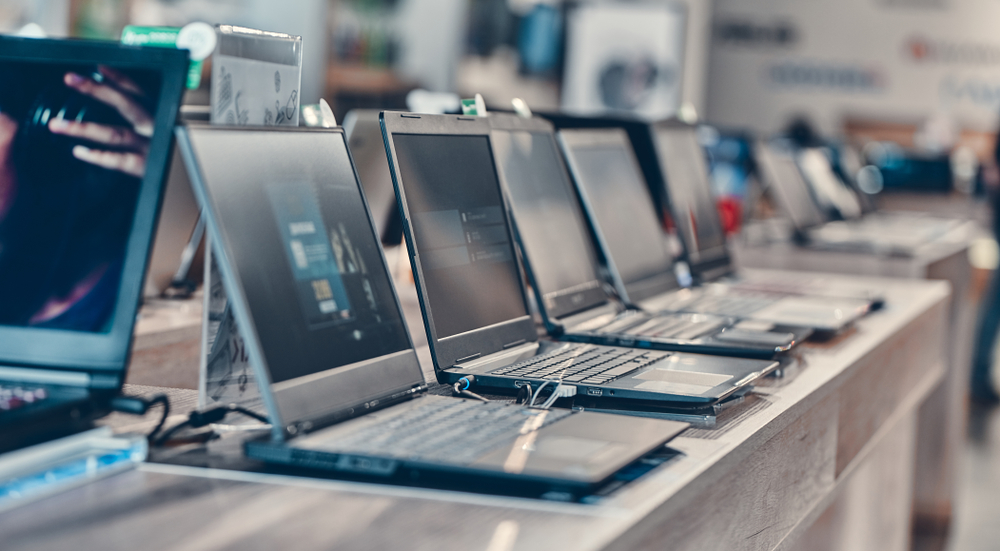
Sign up today and you will receive a free copy of our Future Focus 2025 report - the leading guidance on AI, cybersecurity and other IT challenges as per 700+ senior executives
You are now subscribed
Your newsletter sign-up was successful
If there’s anything that people use their laptops and smartphones for – apart from sending emails and Googling symptoms – it’s entertainment.
This is the central point of an open letter published in The Times earlier this week, written by painter Sir Frank Bowling, OBE and signed by some of the brightest stars of the UK’s arts sector: Academy Award-winner Olivia Colman, the Midsomer Murder-solving John Nettles, and Imelda Staunton, who has been in pretty much everything.
The artists are calling for a 1-3% tax to be added to the price of electronic devices such as laptops, smartphones, and tablets – basically, anything that is capable of streaming a film or song.
Estimated to generate £300 million a year, the levy would power a ‘Smart Fund’, which in turn would support the UK's creative sector – an industry which has been severely impacted by COVID-19, despite helping buoy all our spirits during lockdowns.
Think about it: In the colder months of the year, when you were stuck at home, with no one to visit and nowhere to go, what did you do? Most likely, read a book, watched a movie, or, if you’re me, binged the entirety of Bridgerton in one night. Throughout this year, I have seen Olivia Colman’s face on my screen more often than I’ve seen my own mother. Entertainment and the arts are what kept me sane in the long months of solitude. However, I also saw many of my artsy friends – DJs, writers, singers – left completely stranded in the face of the economic crisis caused by the pandemic. Gigs were cancelled, projects were called off, and the only advice the government was capable of giving was to retrain – in “cyber”, preferably.
This is probably why, when I found out about the Smart Fund proposal, my first reaction was “yes, please, tax us all!”. After all, the idea isn’t anything new, with a similar system operating in 44 countries worldwide, including France. This kind of tax rightfully assumes that, if people manage to get their hands on an electronic device, they are likely to use it for nefarious means such as pirating the entire six seasons of The L Word. My personal rationale behind welcoming such legislation was: “What harm can one 1-3% levy be capable of doing, especially if I only buy a new electronic device once in a blue moon?” And this is coming from a person who dies a little bit inside whenever she sees her council tax bill.
However, after the excitement subsided a bit and I examined my stance as a champagne socialist, it was hard to ignore the impact the tax would have on furthering the digital divide. Let’s face it, tech devices are notoriously expensive. Even the so-called ‘budget’ options are often a good chunk of the average UK resident’s salary, and eligibility for an installment scheme isn’t automatic. I might be privileged enough to not have to worry too much about an additional 1-3% charge for a smartphone or laptop, but for many families who want to invest in the future of their children, this tax isn’t going to be helpful – unless all of their children grow up to work in the creative arts, that is. So the question is, why burden consumers with an additional levy, when the tech industry has plenty of billionaires who are not being taxed enough?
Sign up today and you will receive a free copy of our Future Focus 2025 report - the leading guidance on AI, cybersecurity and other IT challenges as per 700+ senior executives
RELATED RESOURCE
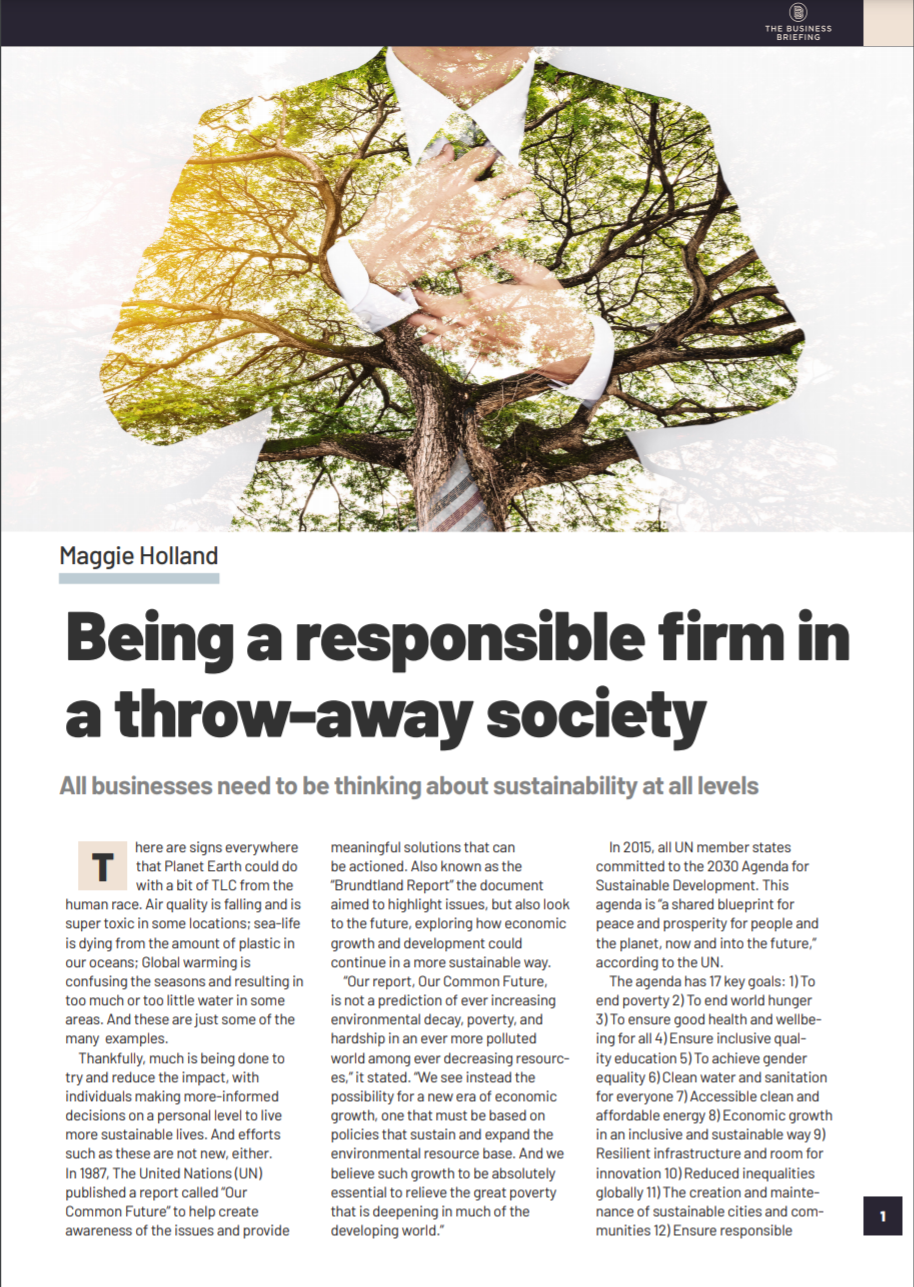
Being a responsible firm in a throw-away society
Sample our exclusive Business Briefing content
Earlier this year, it was revealed that 10 of the world’s richest people had seen their fortunes grow by $540 billion since March 2020. Unsurprisingly, the list included tech magnates such as Jeff Bezos, Elon Musk, Bill Gates, and Mark Zuckerberg. These four men have enough money to end global poverty several times over, so I’m sure they have enough to support the arts as well. If there’s anyone who needs to be taxed, it’s them, even if only one of them (Bezos) can be considered an actual electronic device manufacturer (Amazon’s Echo Show, Dot, and Kindles). However, Zuckerberg’s Facebook could spare the UK some cash just based on its long history of being exceptionally stingy: In 2019, the tech giant paid just £28 million in corporation tax despite recording gross UK revenues of £1.6 billion. Musk, on the other hand, managed to play a heart-warming role of a comedian thanks to his silver-screen appearance on Saturday Night Live. This PR stunt alone should be taxable, in my opinion.
Next in line to be taxed is Apple, which last summer, at the height of the pandemic, became the first US-based company to reach a valuation of $2 trillion only two years after hitting a $1 trillion market cap. iPhones, iPads, and MacBooks would definitely be covered under the proposed Smart Fund levy. So why not shift the £7-36 additional charge to Apple? Surely, they can afford that.
It’s no surprise to hear that tech giants were the “real winners” of the pandemic, making millions while swathes of the general public – not just the artsy types – were furloughed or made redundant. I’m all for funding the UK’s actors, writers, and musicians, but it shouldn’t come at a further cost to the consumer. With the Digital Services Tax recently branded as just a "temporary solution", we should think about the future: Funding another season of The Crown before a new lockdown is announced.
Having only graduated from City University in 2019, Sabina has already demonstrated her abilities as a keen writer and effective journalist. Currently a content writer for Drapers, Sabina spent a number of years writing for ITPro, specialising in networking and telecommunications, as well as charting the efforts of technology companies to improve their inclusion and diversity strategies, a topic close to her heart.
Sabina has also held a number of editorial roles at Harper's Bazaar, Cube Collective, and HighClouds.
-
 AWS CEO Matt Garman isn’t convinced AI spells the end of the software industry
AWS CEO Matt Garman isn’t convinced AI spells the end of the software industryNews Software stocks have taken a beating in recent weeks, but AWS CEO Matt Garman has joined Nvidia's Jensen Huang and Databricks CEO Ali Ghodsi in pouring cold water on the AI-fueled hysteria.
-
 Deepfake business risks are growing
Deepfake business risks are growingIn-depth As the risk of being targeted by deepfakes increases, what should businesses be looking out for?
-
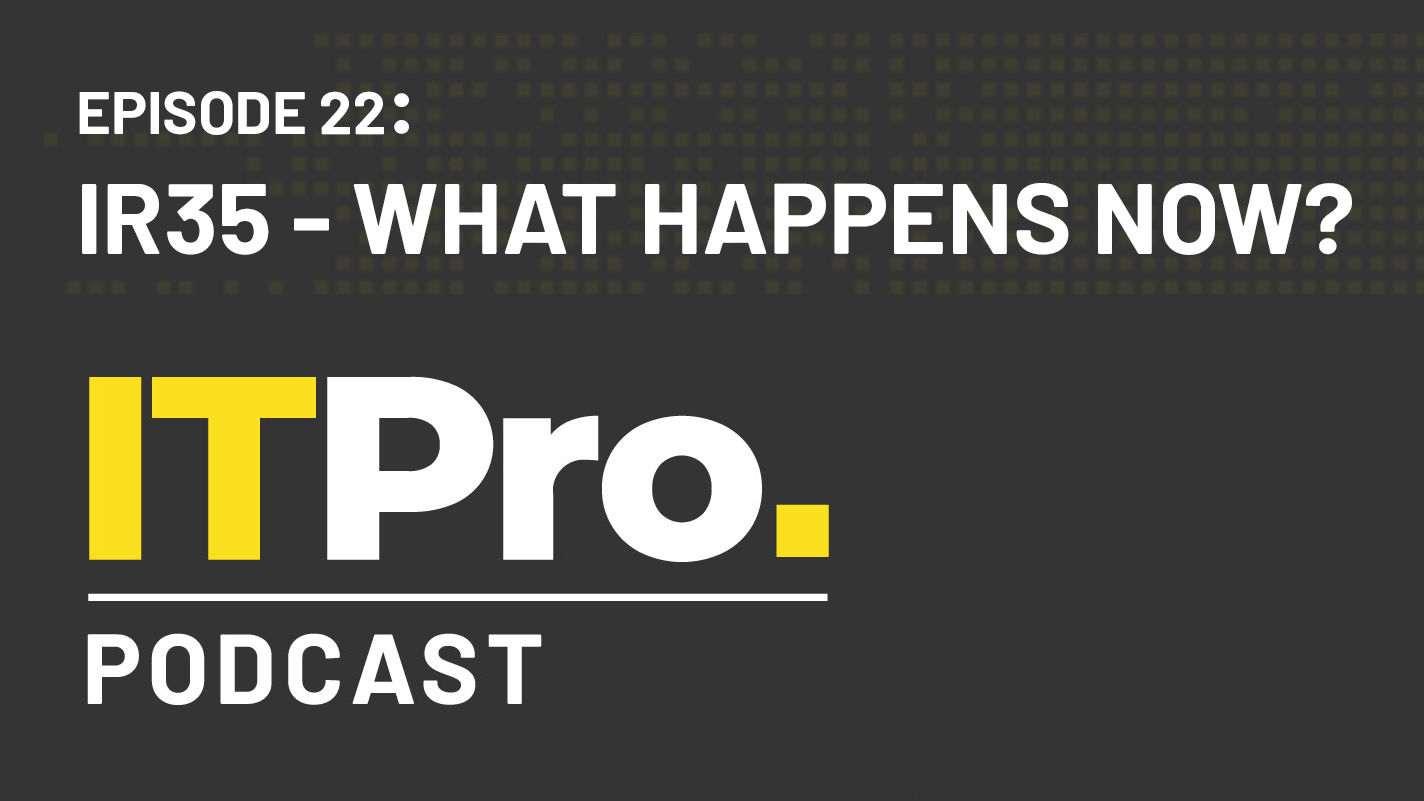 The IT Pro Podcast: IR35 - what happens now?
The IT Pro Podcast: IR35 - what happens now?IT Pro Podcast With the legislation now delayed until next year, where does this leave contractors and their employers?
-
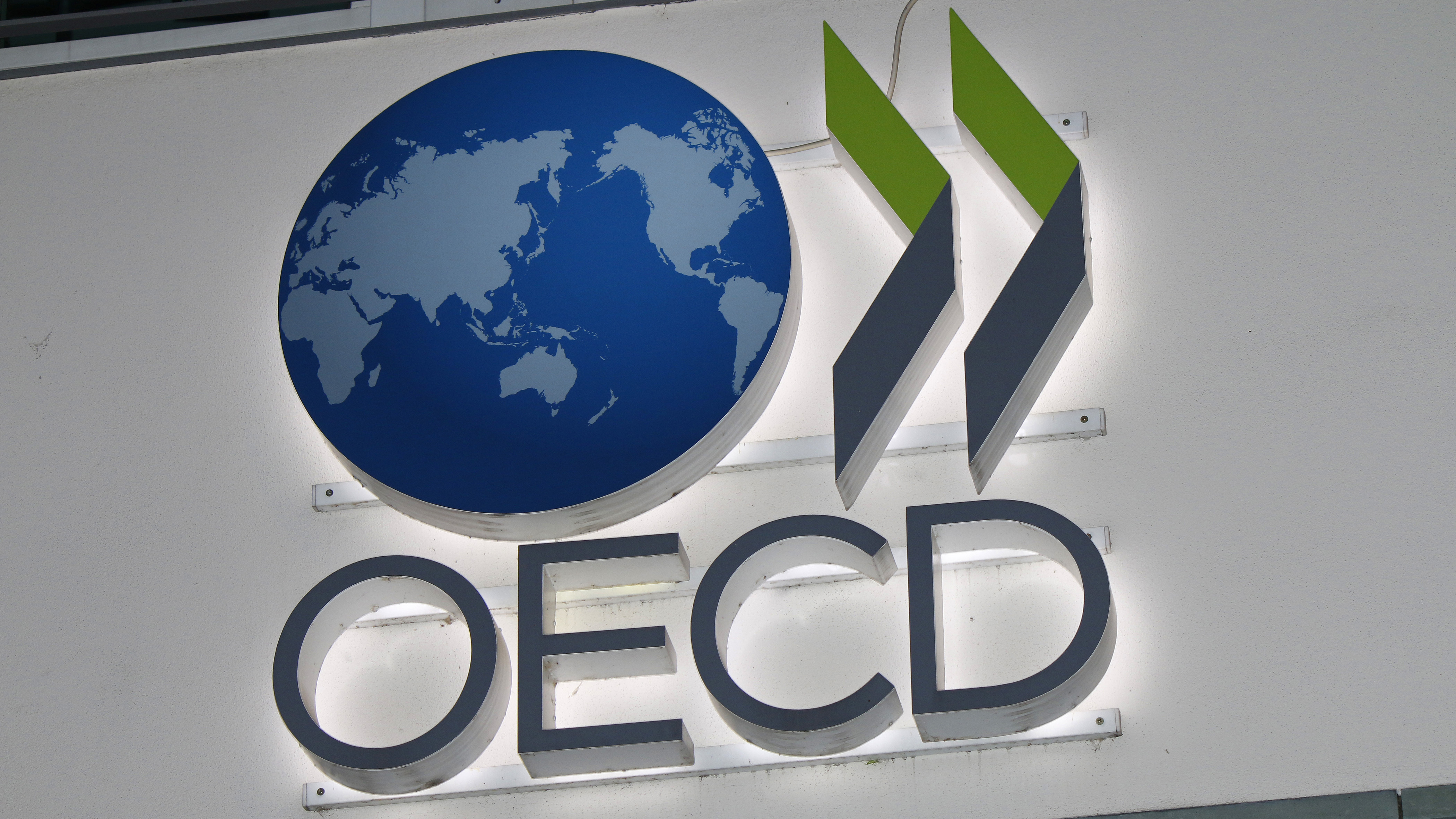 Japan and France speak out on digital tax plans
Japan and France speak out on digital tax plansNews Countries hoping to set global digital tax norms feel the USA is dragging its feet
-
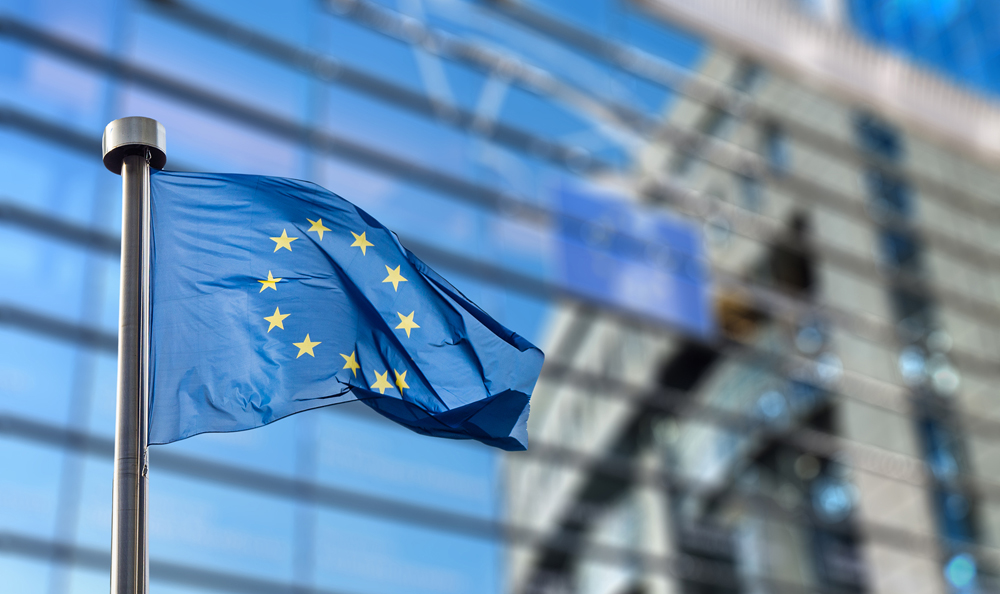 EU: Tech firms pay half the tax of traditional businesses
EU: Tech firms pay half the tax of traditional businessesNews A new report calls for tax changes to ensure tech companies 'pay their fair share'
-
 IR35 insurance: What is it and do you need it?
IR35 insurance: What is it and do you need it?In-depth We help you weigh up whether to take out IR35 investigation insurance
-
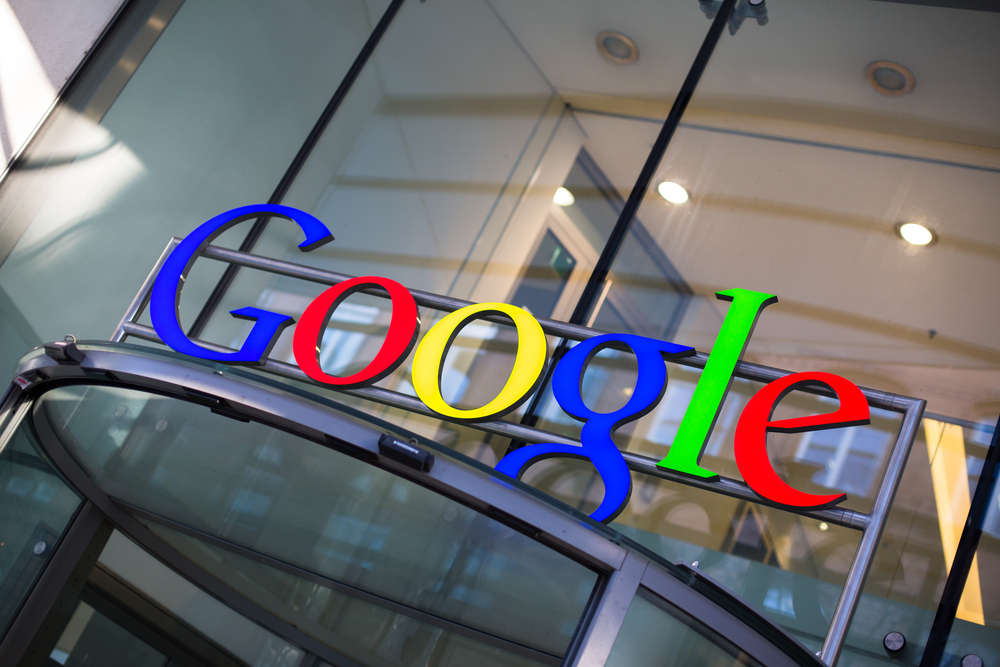 CEO Sundar Pichai says Google won't pay more tax until laws change
CEO Sundar Pichai says Google won't pay more tax until laws changeNews Pichai defends Google's European tax payments after its offices are raided
-
 European Parliament rejects link tax amendment
European Parliament rejects link tax amendmentNews If ruled, the link tax would take money from search engines when displaying traditional news sources in results
